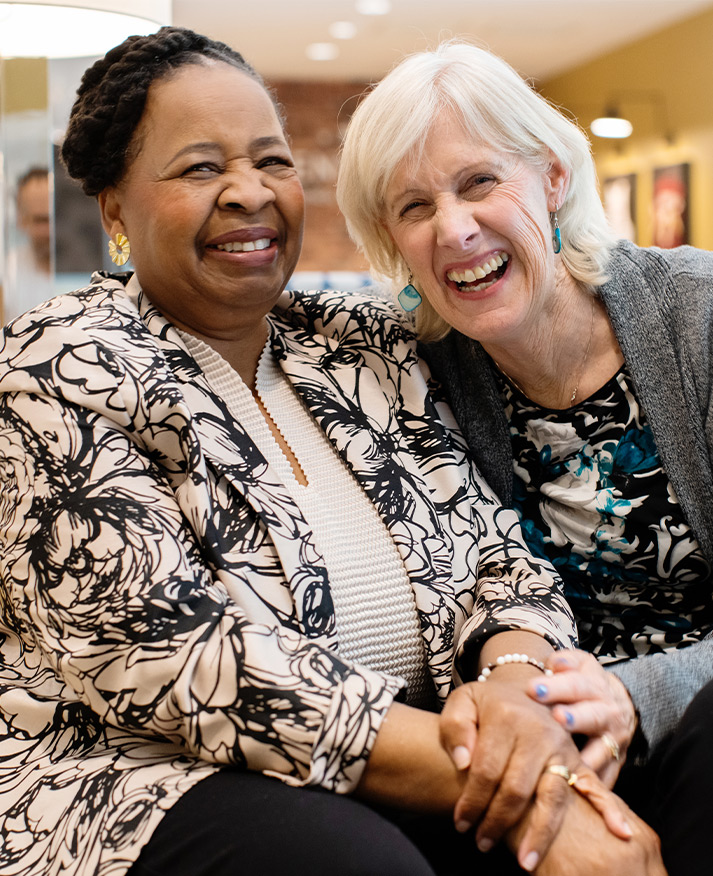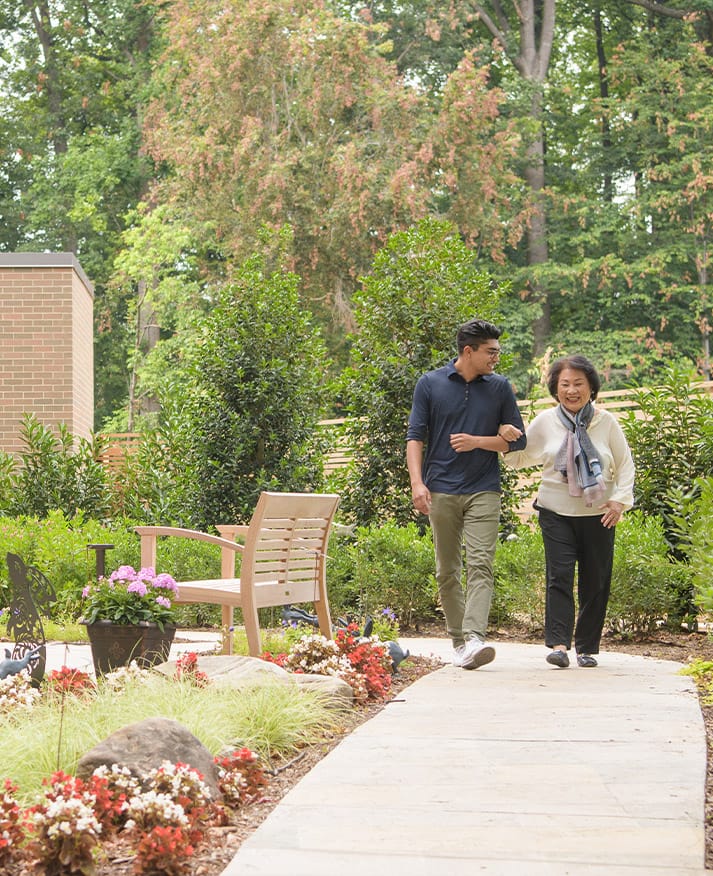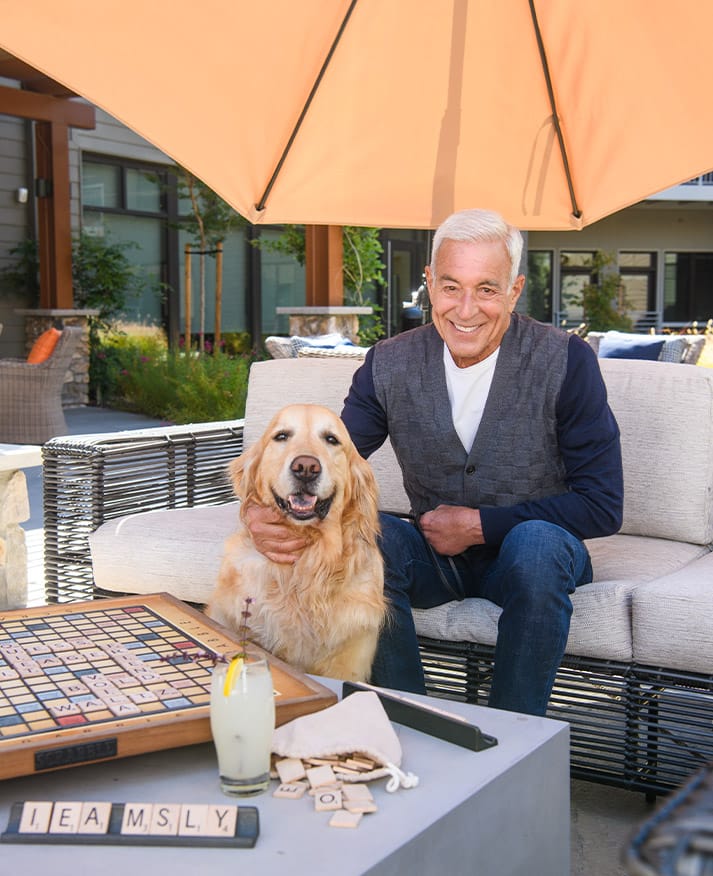Getting the Help You Need
Where to find support near you when a family member is diagnosed with Alzheimer’s disease or dementia.
When a loved one is diagnosed with Alzheimer’s or dementia, life changes — not just for them but for the entire family. It’s a journey filled with love, uncertainty, and new challenges. It is something that no one should have to face alone. Finding the proper support and resources can make all the difference, providing guidance, relief, and a network of care that allows families to navigate this transition with confidence.
Knowing where to turn for help is the first step. Whether you’re a primary caregiver or a concerned family member, professionals, organizations, and community resources can offer assistance, ensuring that everyone receives the support they need.
Building a Support Network at Home
Caregiving is not a one-person job. When family members, friends, and neighbors come together, they can share responsibilities and provide much-needed relief for the primary caregiver. Even small gestures — picking up groceries, providing transportation to appointments, or spending time with your loved one — can make a meaningful impact.
If you are caring for someone with dementia, consider having open conversations with those around you. Let them know how they can help, whether through temporary care, meal preparation, or simply offering companionship. A strong support system at home can ease the burden and provide comfort for the caregiver and the person receiving care.
Working With a Geriatric Care Manager
Navigating the complexities of dementia care can be overwhelming, but geriatric care managers are professionals who specialize in guiding families through the process. They assess a loved one’s needs and connect families with services such as:
- In-home care providers,
- Assisted living and memory care options,
- Short-term care and caregiver support programs, and
- Legal and financial planning for long-term care.
A geriatric care manager acts as an advocate, helping you make informed decisions and ensuring that your family member receives the appropriate level of care. Many people find their support invaluable, particularly when coordinating services across multiple providers.
Finding the Right Health Care Providers
A doctor’s role in dementia care extends far beyond the initial diagnosis. Health care providers specializing in neurology, geriatrics, or memory disorders understand the progression of the disease and can offer insight into treatment options, symptom management, and long-term care planning.
If you’re looking for expert guidance, consider:
- Memory clinics that provide specialized dementia care,
- Neurologists or geriatricians who focus on cognitive health,
- Primary care physicians who monitor ongoing health needs, and
- Palliative care professionals who specialize in comfort and quality of life.
Regular check-ins with health care providers help ensure that care plans are updated as needs change, providing families with reassurance and direction.
Emotional and Mental Health Support
Caring for someone with dementia can be physically and emotionally exhausting. Mental health professionals and social workers offer a space for caregivers to process emotions, manage stress, and develop strategies for self-care. Whether through individual counseling or group therapy, these professionals help caregivers navigate the complex emotions of watching a loved one change.
For additional support, many organizations provide caregiver support groups where family members can share experiences, learn from others, and find encouragement from a community that understands. The Alzheimer’s Association, local senior centers, senior living communities, and hospitals often host these in-person and online gatherings.
Facing a dementia diagnosis is never easy, but help is available. The right resources can lighten the load, offering guidance, relief, and a sense of connection during a time of change. No matter where you are in the caregiving journey, there are people ready to support you — whether through a helping hand at home, expert advice from a health professional, or emotional support from those who have walked this path before.
If you’re looking for additional resources or guidance, contact a Watermark retirement community near you to learn more about memory care options and caregiver support services. There is strength in knowing that you don’t have to do this alone.


